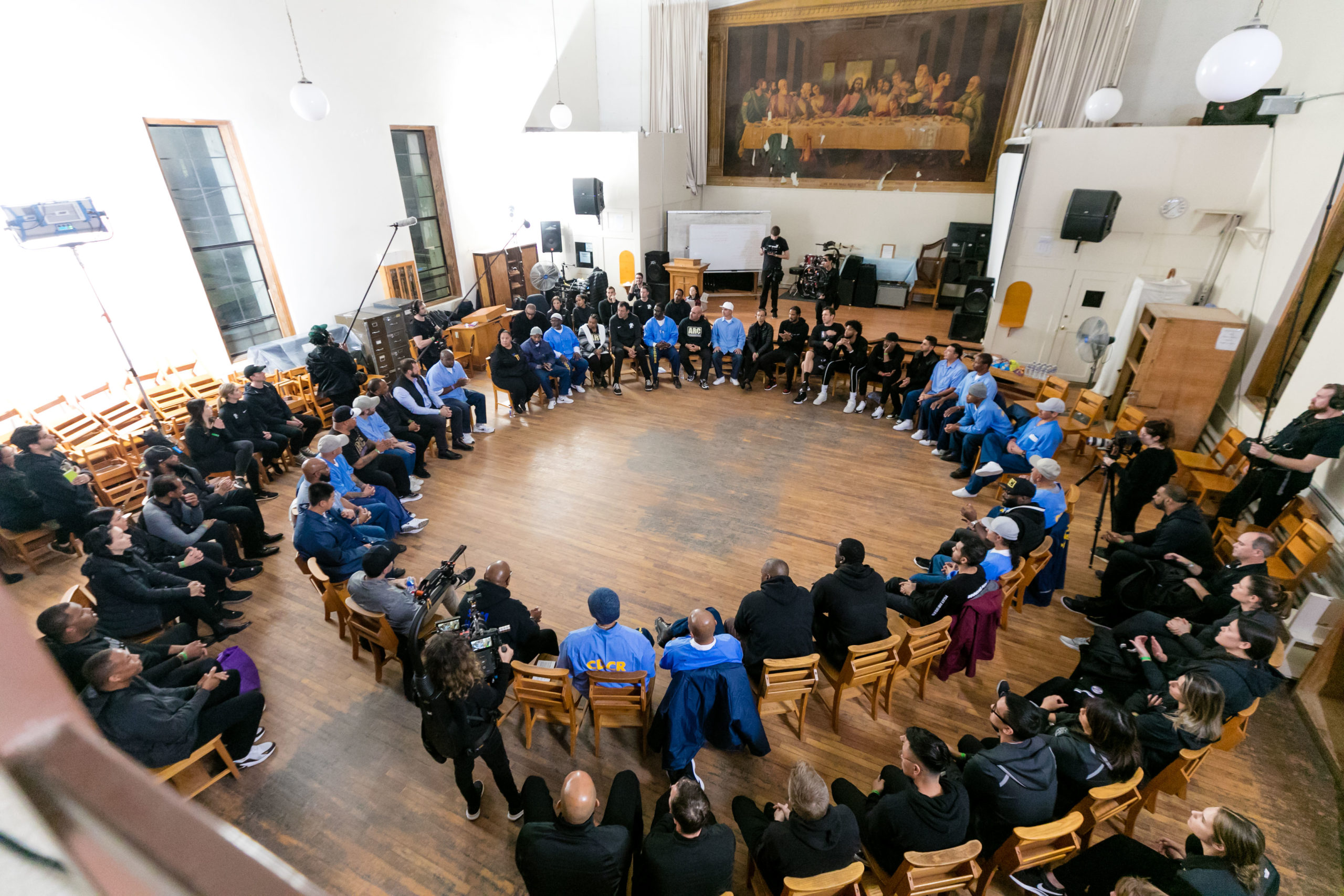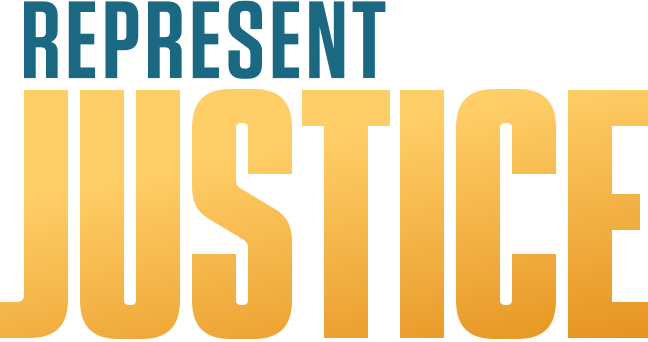Changing the narrative starts with gender-inclusive language

At Represent Justice, the idea that language bears profound influence on the world we live in is a cornerstone of our values and work. Words — and how we choose to employ them — have the power to either uphold harmful and outdated narratives built on stereotypes and exclusion, or deconstruct those narratives to cultivate more empathetic, inclusive way of relating to each other and our communities.
That’s why we’re committing to using gender-inclusive language among our staff and throughout every aspect of our work, starting with pronouns.
A pronoun is a word that refers to either a person who is speaking, or a person who is the subject of a conversation. A person who identifies as a man may use “he” or “his” as a pronoun, while a person who identifies as a woman may use “she” or “hers” as a pronoun. Some people do not identify within the gender binary at all, and use gender neutral pronouns. A gender inclusive pronoun, like they or ze, does not associate or assign a specific gender to a person being spoken about.

We want to create a safe and inclusive environment for our staff, partners, and broader community. But for an organization that is invested in building a better legal system, the impact runs much deeper.
Transgender and gender non-conforming people are disproportionately impacted by our legal system. Queer communities have a long history of experiencing abuse, harassment and profiling at the hands of law enforcement. They also experience disproportionately high rates of poverty, homelessness, and discrimination in schools and workplaces — all of which we know to be factors that contribute to mass incarceration.
A 2011 report by the National Center for Transgender Equality found that 16% of transgender people have experienced incarceration, and 47% of Black transgender people have experiences incarceration.
While incarcerated, transgender and gender non-conforming people are vulnerable to even more abuse and mistreatment. They are often misgendered, placed in facilities according to the sex they were assigned at birth and not in line with their identity, denied access to gender appropriate clothing and grooming items, and have limited healthcare access.
They are also subject to abuse by both staff and fellow incarcerated people. A 2015 survey by the National Center for Transgender Equality found that trans people are 10 times more likely than cisgendered people to be sexually assaulted by facility residents, and 5 times more likely to be assaulted by staff.
As an organization that advocates for an end to dehumanizing language toward system-impacted people, making the commitment to use gender-inclusive language falls directly in line with our values and goals.
